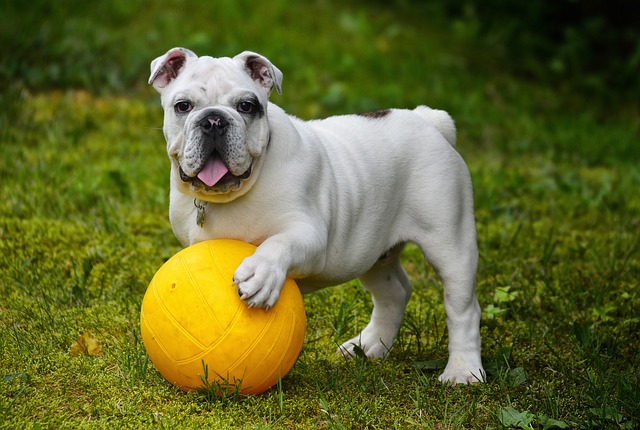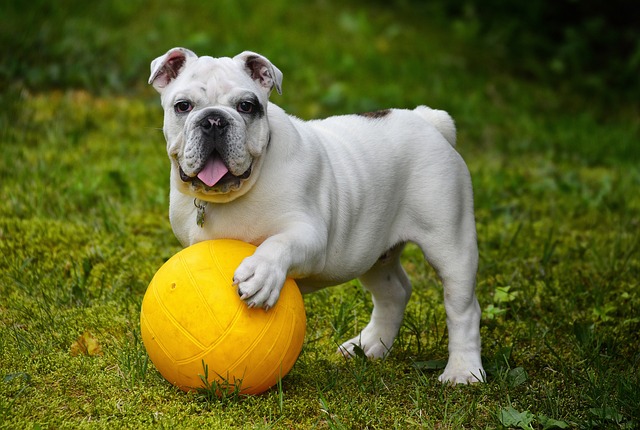
What are the signs of tapeworm in dogs?
Finding small, rice-like bits in your dog’s bed or on their fur can be easy to miss—but those tiny specks are often the first clue of a tapeworm.
You’re scrolling through online forums looking for a natural fix after discovering your dog has worms, and one name pops up again and again: apple cider vinegar. It’s touted as a miracle cure for everything, but when it comes to parasites, it’s vital to separate hopeful anecdote from scientific reality. While apple cider vinegar (ACV) has some general beneficial properties, relying on it to kill a parasitic infestation in your dog is not only ineffective but could also be dangerously misleading.
The claim is that the acidic nature of ACV creates an “unfavorable environment” in the dog’s digestive tract, supposedly killing worms. However, the concentration of acetic acid that reaches the intestines after digestion is nowhere near strong enough to kill resilient parasites like roundworms or tapeworms. In fact, undiluted ACV can cause serious harm, potentially burning your dog’s esophagus or stomach lining and altering their body’s pH balance. The only proven way to eliminate worms is with a pharmaceutical dewormer prescribed by your veterinarian, which is specifically formulated to target and eradicate the particular parasite affecting your dog. Always start with a professional diagnosis; self-treating with ACV can allow the infestation to worsen, leading to malnutrition, anemia, or intestinal blockages, especially in vulnerable puppies.

If you still wish to use ACV for its potential general wellness benefits—like as a mild topical agent for skin health or a minor digestive aid—it must be done with extreme caution and veterinary approval. The key is massive dilution. A common guideline is no more than one teaspoon of raw, unfiltered ACV added to your dog’s regular water bowl. Even then, always provide a second bowl of fresh, plain water so your dog has a choice. You can use a tiny drop of this diluted ACV water as a low-calorie flavor enhancer during positive reinforcement training sessions, rewarding your dog for good behaviors like sitting calmly for grooming or allowing a paw wipe after a walk. This is particularly useful for apartment dwellers managing their dog’s weight and training indoors.
This cautious, vet-first approach is a cornerstone of responsible dog ownership. A dog with an untreated parasite infestation poses a zoonotic risk and a public health concern. This makes your legal obligation to immediately and thoroughly clean up your dog’s waste in public parks and on sidewalks absolutely critical. It’s a key law in U.S. communities designed to prevent the spread of parasites like roundworm eggs to other animals and humans. Furthermore, a dog’s overall health, including their ability to fight off parasites, is supported by a robust immune system protected by up-to-date vaccinations, like rabies and distemper, which are legally required for public safety. If your dog has accidents indoors due to digestive upset from parasites or an ill-advised home remedy, respond with patience and positive redirection, never punishment. This compassionate, science-based approach ensures you’re not only caring for your dog effectively but also being a respectful and lawful member of your community.

Finding small, rice-like bits in your dog’s bed or on their fur can be easy to miss—but those tiny specks are often the first clue of a tapeworm.

Many dog owners find themselves wiping paws after walks or picking up waste in the backyard, not realizing these small daily tasks tie directly to their family’s health.

Puppies are most vulnerable to distemper between 6 and 16 weeks old, when their maternal antibodies start to fade and their own immune systems aren’t fully developed yet.

Ticks often latch onto dogs during walks through grassy parks, wooded trails, or even backyard gardens—spots where these pests thrive, especially in warmer months.

Distemper hits hard—watching your pup deal with fever, coughing, or runny eyes is heart-wrenching, and it’s normal to want to comfort them with a gentle touch.

You’re scrolling through online forums looking for a natural fix after discovering your dog has worms, and one name pops up again and again: apple cider vinegar.